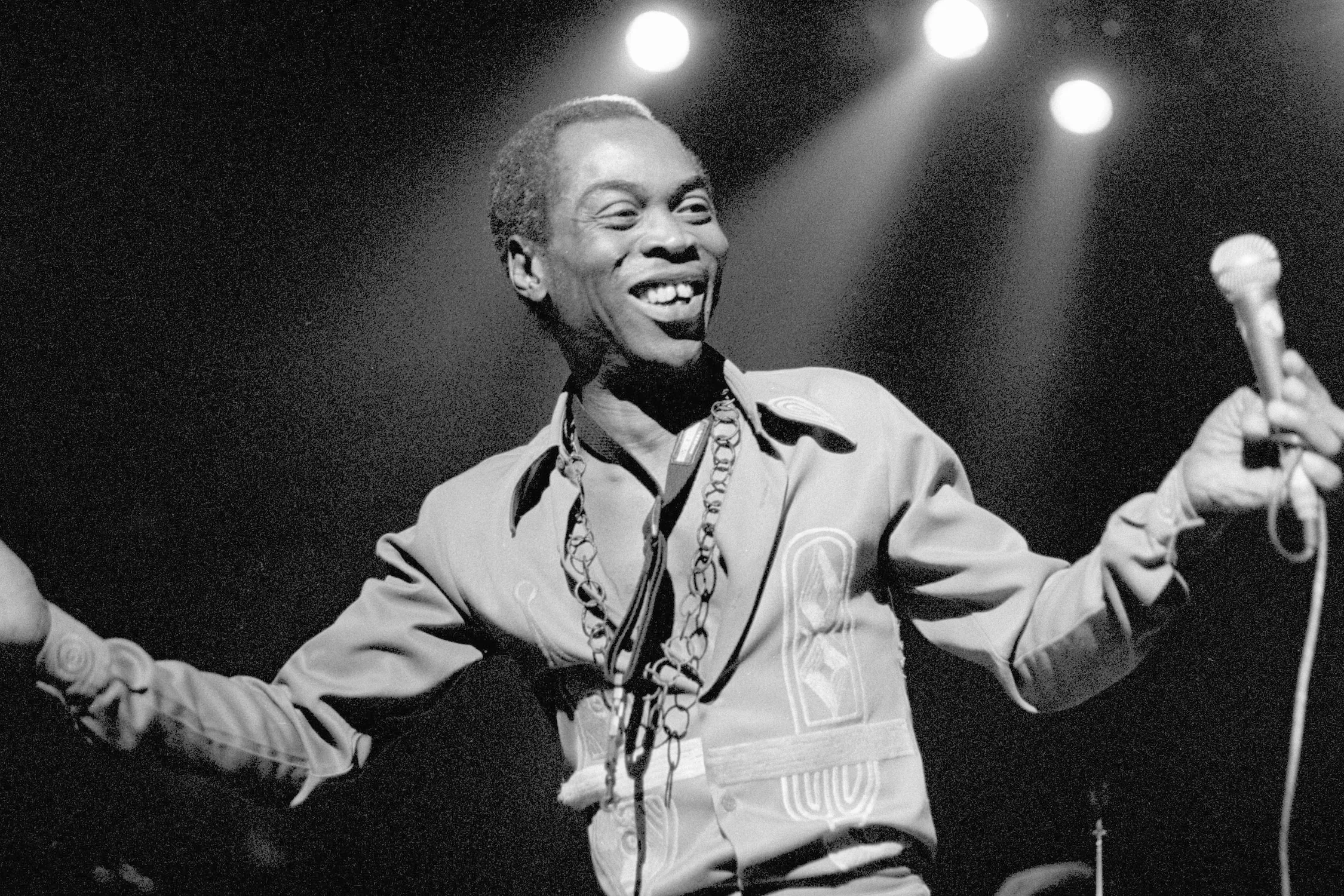What is AfroBeat?
Before I dive into this, I want to clarify that some artists, like Rema, Burna Boy, Wizkid, etc, are often associated with "Afrobeat," but they do not make Afrobeat music. They are artists of a derivative genre called AfrobeatS, which incorporates hip-hop elements, resulting in a sound that has been popular for the past two decades. Now that we have cleared up this common misconception about the genre, we can move forward with the history of Afrobeat and why it’s so important to the Pan-African movement.
There is much debate within the African community about where Afrobeat was created, whether in Ghana or Nigeria. However, there is little to no dispute about who started it. Some even say that the genre died with him. The man I am referring to is none other than Fela Aníkúlápó Kuti, widely considered the creator and pioneer of Afrobeat. The genre came to him during his time in London as a young man freshly dropped out of university. He fell in love with Jazz and gained much inspiration from Highlife music and, more specifically, Geraldo Pino, who was practically the African James Brown at the time.
Although Fela and his band had most of the sound figured out and packed out a club off of Sunset Blvd in LA Weekly, the music was still missing something. It wasn't until Fela met Sandra Izsadore, who introduced him to black consciousness and the Pan-African movement, that the music came to life. Not only did Fela gain a singer to add to his band, but he also found a purpose to drive his music. This is what sparked the birth of Afrobeat music: the mixture of Yoruba music, Highlife, Jazz, and Funk, and the emotion of the Black experience during that time.
It is rare to see politics and music so intertwined that it's nearly impossible to make an Afrobeat track without it having a hint of black liberation. While many other black artists of other genres spoke out about the injustice of black people, no one did it quite like Fela Kuti and other Afrobeat artists like Ebo Taylor, Tony Allen, and more recently, Kokoroko.

